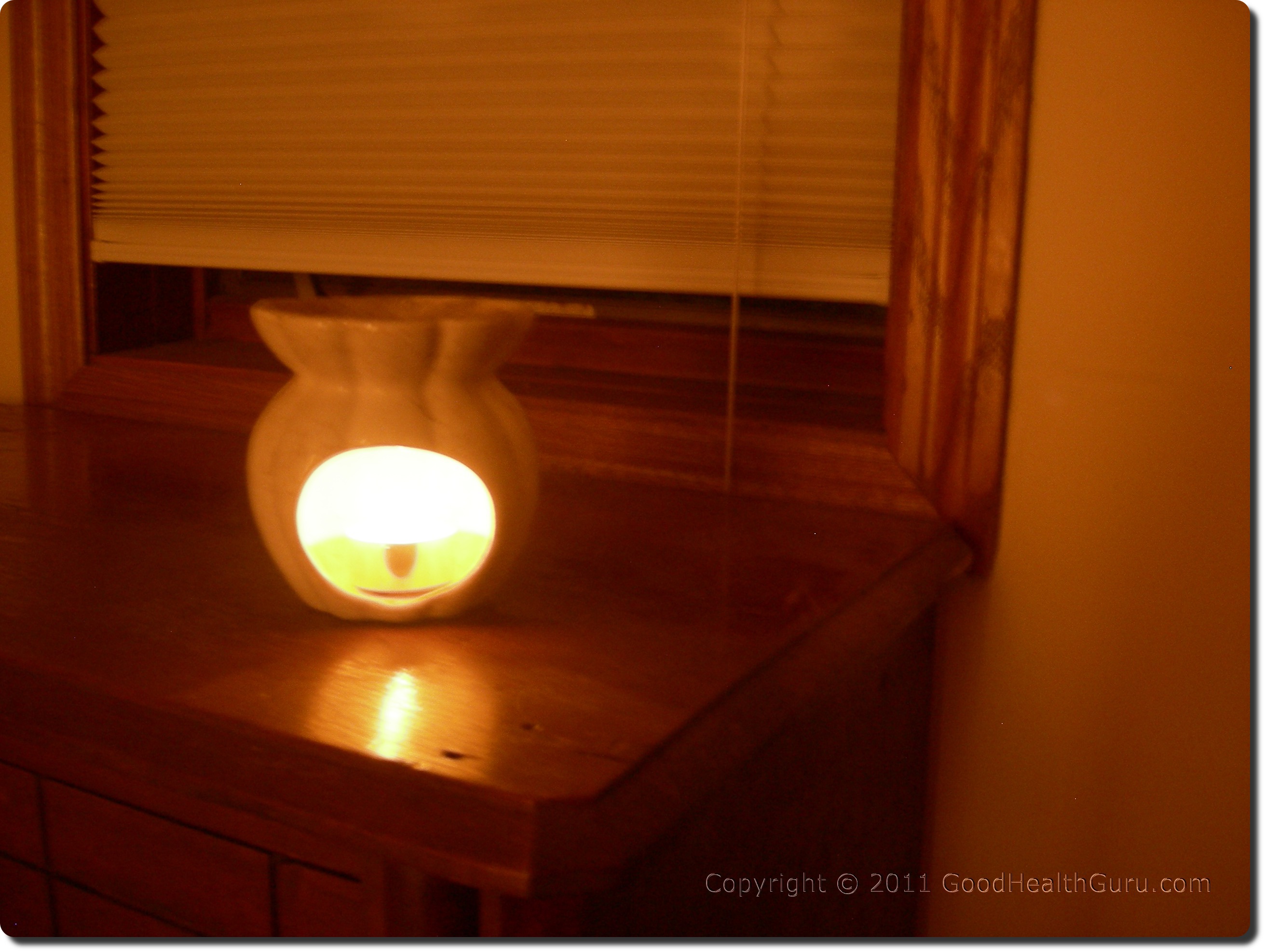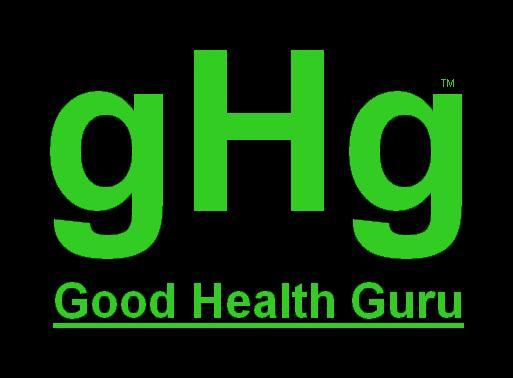At A Glance:

- Physical and/or psychological
- Characterized by receding hair line and/or loss of hair at the crown
- Anxiety, stress / overwork (fatigue), poor blood flow, poor habits, some diseases and medications, and particularly hormonal imbalance are the main issues
- Can be treated relatively effectively with diet and lifestyle modification, herbs, acupuncture, implants, weaves, and some drugs
[ expand/collapse all ]
Is this you?
Everytime I'd brush my hair, there was a fair amount in the brush. I didn't think anything of it -- just figured it was normal, but one day I was looking in the mirror, and it sure seemed like my hair line was higher than I remembered. It's even getting thin at the top. That little circle of scalp is bigger than a quarter!

For some of us, thinning hair is a reality that can make us feel powerless like there is little we can do to change things. There can actually be a number of causes, and sadly, most are not fully understood.
The good news is, there may well be things we can do to slow, stop, or even reverse the loss of hair. The bad news is, hair takes such a long time to grow, it is difficult to tell which techniques may work for us.
What it is:
Hair loss, or alopecia, is something which can occur in both men and women, and for those who get it, they typically see it get worse the longer they live. Hair is made of a protein called keratin, and its growth is controlled by enzymes and by the endocrine (hormonal) system. It's normal to lose a hundred or so hairs per day, and these will grow back under standard conditions, but when people have alopecia, they can either lose more than the normal amount, or have difficulty replacing lost hairs, or both. This becomes a sign that something in the bodily system is not functioning correctly.
Make it Go AWAY! (incomplete)
"OK, I don't want to run around getting more bald and looking like I'm a million years old! Why can't this just stop happening and I go back to normal with my full head of hair, huh??? People are suppose to have hair, right?!?"
Yeah, well maybe a few people wouldn't mind being bald. It can actually work quite well for the "tough guy" image! But if that's not what we're after, the first step toward working to make our problems go away is to get a feel for what is happening.
Hair loss may feel like it's happening only to you, but you're not alone, and there is a cause behind it; nothing happens purely by accident. Even though the cause may be difficult to see at first, every effect has a preceding cause. What this means is the specific cause (or causes) which trigger it in one individual are not necessarily the same specific causes triggering alopecia in other individuals. This is, in part, why conventional means struggle to find a cure for it; there is not simply a single cause everywhere. In fact, reading about conventional treatments for hair loss can be very depressing if we were to believe we have few options. Luckily, though, unconventional hair growth therapies have been used for centuries and are quite advanced in comparison to their conventional counterparts. Curing ourselves of hair loss then requires some creativity, investigation, experimentation, and education on our parts. Fortunately, there are some guidelines we can follow to get ourselves started.
Education: What happens when you have alopecia -
There are some rather obvious causes of hair loss -- namely chemotherapy and various other drugs we might take that interfere with hair growth, but quite often our hair loss isn't so easy to understand. This is when it is often considered a disease; yet, I have never liked the stigma our society applies to many of our "diseases" -- that being a perception of, "once we have a 'chronic disease', we always have that 'chronic disease', and it cannot be cured." It is rather like saying, "once you have brown eyes, you always have brown eyes. You cannot be cured of them." Really? This is a genetic part of us. What is there to cure???
So, the first thing in understanding macular degeneration lies in recognizing it is a part of who we are -- it is part of our uniqueness just as our eye and hair colors, the shapes of our mouths, and so on are all part of what make us special and unique. And all of this craziness we have gone though is actually a good thing -- a very good thing -- because it gives us a chance to learn more about ourselves and grow powerful as individuals as we learn that the control over our health is, for the most part, up to us!!!
Now, how do we get macular degeneration? My feeling on what causes us to develop it at that point is that we build toxins in our bodies from at least two different sources, primarily: 1) the digestion of foods that are really not proper foods for us, and 2) the digestion of harmful additives found in what we eat. These toxins, for some reason, begin to build in the retina by forming drusen and thereby causing our immune systems to mount an attack which begins to destroy the nearby retinal cells. Since the toxins are accumulating faster than the levels our normal channels can handle to eliminate them, our bodies view them as antigens, and the immune system sets to work attacking. Unfortunately, the zealousness of the immune system would be what damages the retina itself causing some major problems in our bodies from that point forward since it may not be possible for these retinal cells to be restored.
Now, is this really what happens with macular degeneration? I am not entirely certain, and no one seems to really understand the specifics, but it does seem plausible since we can test this concept by eliminating things we should not be eating. Then we can watch our eyesight response improve as we hit on the correct eliminations.
Treatment: how to stop it -
This is really something naturopaths have understood for centuries -- that autoimmune and diet dependent conditions like macular degeneration are physiologically programmed responses to something we are doing wrong to ourselves. The key to stopping and possibly having a chance at reversing macular degeneration is to eliminate the triggers (providing we still have a retina capable of functioning which many people do if they are just noticing symptoms now). We need to bring our bodies back into balance with their environments so they can focus fully on healing themselves!
Since the affliction and triggers are different in all of us, this is no simple task, but the process can be made as easy as possible in part because anti-inflammatory agents are very important here, and in part by recommending a simple type of fasting. Basically, we need to first eliminate nearly everything but the most benign of foods (it is only for a little while to start). Once the macular degeneration stabilizes and maybe even starts vanishing, we know something(s) we were eating is the primary trigger in us. We should continue this until the macular degeneration signs are completely gone, and then we can gradually begin adding foods back to see what happens.
As these are normally harmless to everyone, the foods recommended to continue with are:
- proteins: cod, sardines, walnuts
- fats: olive oil
- greens: beet greens, broccoli, collard greens1, kale1
- fruits: blueberries, cherries, figs, pineapple, plums
- spices: ginger root, fresh or dried parsley, onions
- drinks: water
All others would be removed from the diet temporarily including grains and starches which are quite often part of the problem. (Believe it or not, breads and pastas are often a huge problem for a lot of people, not just because of allergies, but because they are very inflammatory to the body and generate high spikes in blood sugar (high glycemic index).)
In many cases, a strict vegan diet for one or two years works wonders to improve energy levels and clear a bothersome medical condition. Some people even maintain that course for life -- truly a very healthy path though I do feel after a two year or so cleansing period, it is likely a person could add back some non-vegan foods in small quantities (fish or fowl, for example) without suffering further negative effects. Again, test for the results in yourself carefully.
Herbs and Alternatives -
After narrowing the diet down to the above list for a period of time, hopefully you begin to find some relief. At this point, there are some things you can add in, one at a time, to see if they have an added positive and, perhaps, healing effect. Keep in mind that while many medicinal herbs are safe and side-effect free, not everyone can safely take all herbs. Some herbs may not be right for your body, some herbs can be very potent and potentially dangerous, and if you are pregnant or nursing, you should ask a medical doctor if you have any questions. The following may be helpful to you and should be tested individually to mark your reaction:
- Beta carotene: (from carrots, pumpkin, beets) is an antioxidant which helps reduce cancer risk (except in current smokers where lung cancer risk is actually increased). It also improves vision characteristics when it converts to vitamin A which is stored in the eye in large quantities
- Bilberry: may help improve vision (as reported by RAF pilots in World War II) -- especially night vision, and may help reduce macular inflammation
- Cod liver oil: has wonderful anti-inflammatory effects on the body but does contain significant amounts of Vitamins A and D
- Copper: is beneficial primarily in the sense that it offsets zinc intake since zinc and copper compete in the body. If supplementing with zinc, a 7:1 ratio of zinc:copper should be maintained; however, copper is not normally something we need to add to our diets. Good sources of copper are: black beans, hazelnuts, pecans, pine nuts, pinto beans, portabella mushrooms, pumpkin and squash seeds, seaweed, sesame seeds, shrimp, and walnuts
- Fish oil: has some incredible anti-inflammatory effects on the body
- Gingko biloba: helps the body improve blood flow
- Leutine: (from spinach, egg yokes, zucchini) seems to play an important part in keeping the eye healthy and even preventing macular degeneration
- Turmeric: is a powerful anti-bacterial and anti-inflammatory root
- Vitamin C: the eye stores massive quantities of vitamin C in both the vitreous humor and in the retina. Having the right levels is important to eyesight
- Vitamin E: is a strong antioxidant which also helps dilate blood vessels. Good sources are: almonds, avocado, broccoli, brown rice, dandelion greens, green olives, hazel nuts, pine nuts, sardines, spinach, and sunflower seeds
- Zinc: is is used by the body to create numerous enzymes and is found in the retina in extremely high concentrations compared to the rest of the body. High zinc intake depletes copper in the body; therefore, if supplementing with zinc, a 7:1 ratio of zinc:copper should be maintained. Good zinc sources include: beef, black beans, brown rice, cashews, eggs, flax seeds, mozzarella, peanuts, pecans, pine nuts, pinto beans, pumpkin and squash seeds, sesame seeds, sunflower seeds, venison, walnuts, and white beans
Questions: (incomplete)
What about acupuncture? -
I am a strong supporter of acupuncture and would highly recommend it as a treatment for AMD. When acupuncture is used, patients having been studied report a unanimous "lifting of the curtain" of dark vision, and for the most part, dramatic vision improvements are the norm! Acupuncture seems to allow the body to heal itself more readily and restore normal function in ways we cannot always do alone.
Question: What if I don't eat those foods or don't know how to eat those foods? -
It is time to start since what you have been doing up to this point is not working out for you. There are plenty of recipes available with an easy search online, and they can help you learn how to prepare new foods.
Another question: Um... that's a pretty short list. I can't limit myself to only this list, can I? -
Ask yourself, "do I want to keep my eyesight???" Remember, this is your health we're talking about -- your life! I would suggest doing everything you can to get on top of it! And, it is only limiting for a short time at first.
Next question: Can changing my lifestyle and diet really improve my health and make me feel better? -
Absolutely!
If our bodies cannot tolerate a so-called "food" on the inside, then it is a poison to us, and a poison is a poison no matter how small the quantity. Once we stop poisoning ourselves, we start feeling better. I have seen the difference in my life, and countless others have seen the differences in their lives, but don't just take our word; try it yourself -- really try it!
Shouldn't I just follow the standard scientific approach to healing? -
You may if you wish; it is an option; however, you should also be aware of the pitfalls with this approach toward health and healing, and the number one pitfall is how it takes the "innocent until proven guilty" viewpoint in saying, "there's no proof." This is great for the legal system, but it's not so great when ignorance is traded for potentially vast damage to the body. A prime example of this is smoking of tobacco which, despite being linked to cancer by German scientists as far back as the late 1920's, was not proven in popular culture and the medical and legal communities to be detrimental to health until the last decade or so. Yet, it was still causing ill effects to health the entire time.
Sudden Infant Death Syndrome (SIDS) is another example. In the 1980's protocol to help prevent SIDS was to place babies to sleep on their backs. By the '90's, the science world had realized the error of its ways and now proclamied babies should sleep on their stomachs. But in the new millenium, the "safest" method was again to place them to sleep on their backs. Such capriciousness is a clear indication of a lack of understanding how to handle the problem.
A final point though is, why re-invent the wheel? In many ways, we already have what we need. A myriad of herbs and various plants along with other techniques that have evolved over the centuries are often already sufficient to solve today's health problems.
Examples and Success Stories: (incomplete)
Examples: success stories -
I have read a number of stories of people who have successfully and dramatically improved their eyesight using acupuncture.
There are also a great number of success stories where people have been using varied concoctions of bilberry, blueberry, leutein, vitamins C and E, and zeaxanthin.
Complications and Links to Other Diseases: (incomplete)
Complications: other things to consider -
Cholesterol - there is speculation that a lower cholesterol diet may help greatly since drusen contains a lot of cholesterol
Echinacea - this herb is a strong immune system stimulant. It is normally not recommended to combine an immune stimulant with an autoimmune condition due to the likelihood of aggrevating the condition, and it is unknown whether or not AMD is autoimmune, but there is some suspicion it may be.
Fat - high fat levels in the diet have been implicated with elevated risk of macular degeneration. Removing foods such as butter, cheese, red meat and other high-fat dairy products can help greatly. Increasing cold water fish with omega-3 is very good though as it helps reduce inflammation.
Sugars (added) - refined, and even unrefined cane sugars, along with corn syrup, and molasses are very inflammatory to the body and should be avoided. In addition, excess sugar in the blood had a tendency to damage the eyes.
Fatigue - this is a significant factor in most areas of life, and tired eyes simply do not see as well; however, several herbs may be of benefit. Both ginger and turmeric are recommended because of their anti-inflammatory effects as well as their ability to improve alertness. Gingko biloba and ginseng can also help improve energy levels since gingko dilates blood vessels and ginsing has a distinct stimulating effect.
Conventional Treatments: (incomplete)
Conventional treatment of macular degeneration varies depending upon whether it is the wet or dry form. For the wet form, treatment involves: - Injection of drugs
- Laser surgery
- Photodynamic therapy
while for the dry form, treatment involves the use of high potency concoctions of antioxidants and zinc.
In version one, special drugs are injected directly into the eye where the drugs will block a growth factor present there. This growth factor causes the new, unwanted blood vessels to grow. This particular therapy seems to slow vision loss and in some cases even improve sight.
Version two uses precisely focused laser beams to destroy blood vessels that are deemed fragile and prone to leaking. The effectiveness of this treatment is dependent upon the location of the blood vessels in question. The more distant they are from the center of the macula, the better the response to treatment is.
The third option is to inject a drug called verteporfin into the body where it seems to bond to new blood vessels. Light is then used to activate the drug now present in the new blood vessels in the problem area of the eye. As the drug activates, it destroys the blood vessels. This method prevents the damage to healthy tissue seen with laser surgery, but it does not seem to be reliable as a permanent fix.
With the dry form, the National Eye Institute sponsored a study called the Age Related Eye Disease Study (AREDS) in which a blend of nutrients was used to test if it would help slow or stop AMD. Some practitioners now use this blend as dry form treatment. The blend is: 25,000 IU of beta-carotene, 2 mg of copper (cupric oxide), 500 mg of vitamin C, 400 IU of vitamin E, and 80 mg of zinc (zinc oxide).
No one of these approaches is very good though because no one of them is 100% successful and no one of them solves the underlying problem -- the growth of unwanted blood vessels at the back of the eye or the appearance of drusen.
Footnotes:
|



